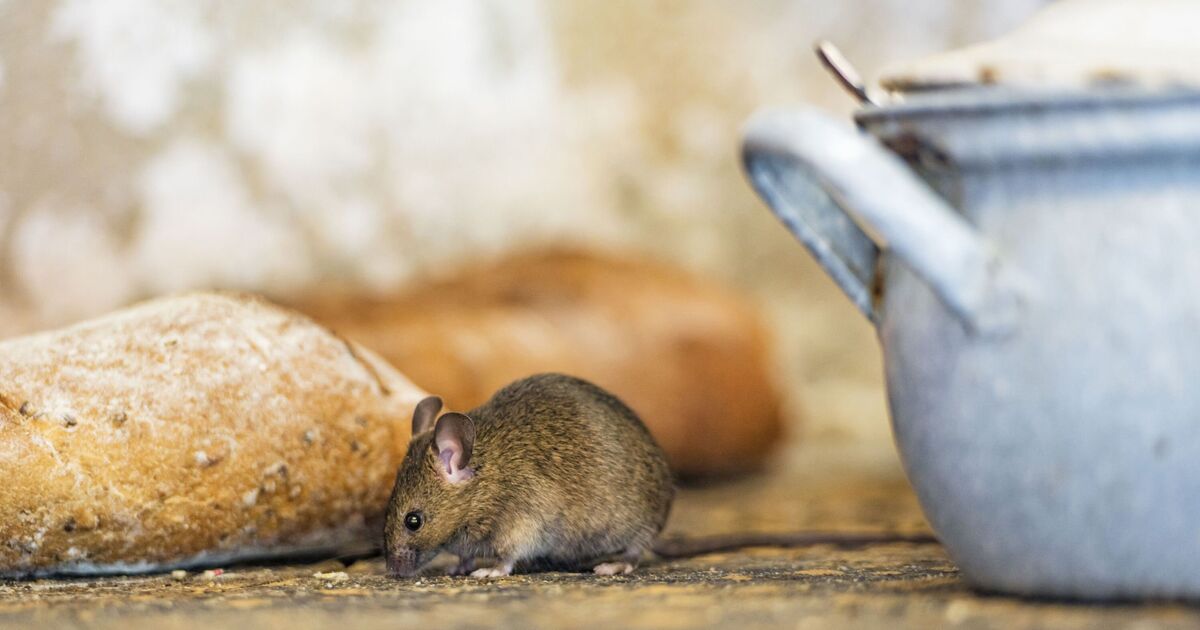A reader asks: I sometimes notice a mouse in my kitchen. The traps I bought seem to have not caught anything and though friends have suggested I get a cat, I can’t as I’m allergic to them. Mice don’t frighten me and I’m not particularly bothered by my little visitor, but should I be? Are they dangerous, health wise? A friend told me they carry rabies.
Dr Rosemary Leonard replies: Unfortunately mice are not as sweet and innocent as they may look. Wherever they are, they pass urine and faeces which can carry both bacteria and viruses that can be harmful to humans. Their droppings may be visible on the floor, but their need to eat up to 20 times a day means food left on a work surface or shelf where mice are able to chew through the packaging can easily become contaminated.
Mice don’t carry rabies, but can transmit hantavirus and the virus responsible for a type of meningitis. While both are rare, they can be very serious and life-threatening. They can also transmit typhus, leptospirosis and, more commonly, salmonella, which can cause gastroenteritis, with diarrhoea and vomiting.
Mice can also contaminate dust in your home and bring in ticks, fleas and mites. Another major concern is that they can damage appliances and furniture, and gnaw through wires, leading to a risk of electrical fires.
Though you have only spotted one mouse, it is likely there are several in your home, as they are rapid breeders producing lots of babies in just a few months. So you really do need to get rid of them, which I’m well aware is more easily said than done. The British Pest Control Association has lots of information on its website. In the meantime, be really careful about hygiene, and wash the floor and all surfaces regularly with a disinfectant.
If you have a health question for Dr Leonard, email her in confidence at [email protected]. She regrets she cannot enter into personal correspondence or reply to everyone








